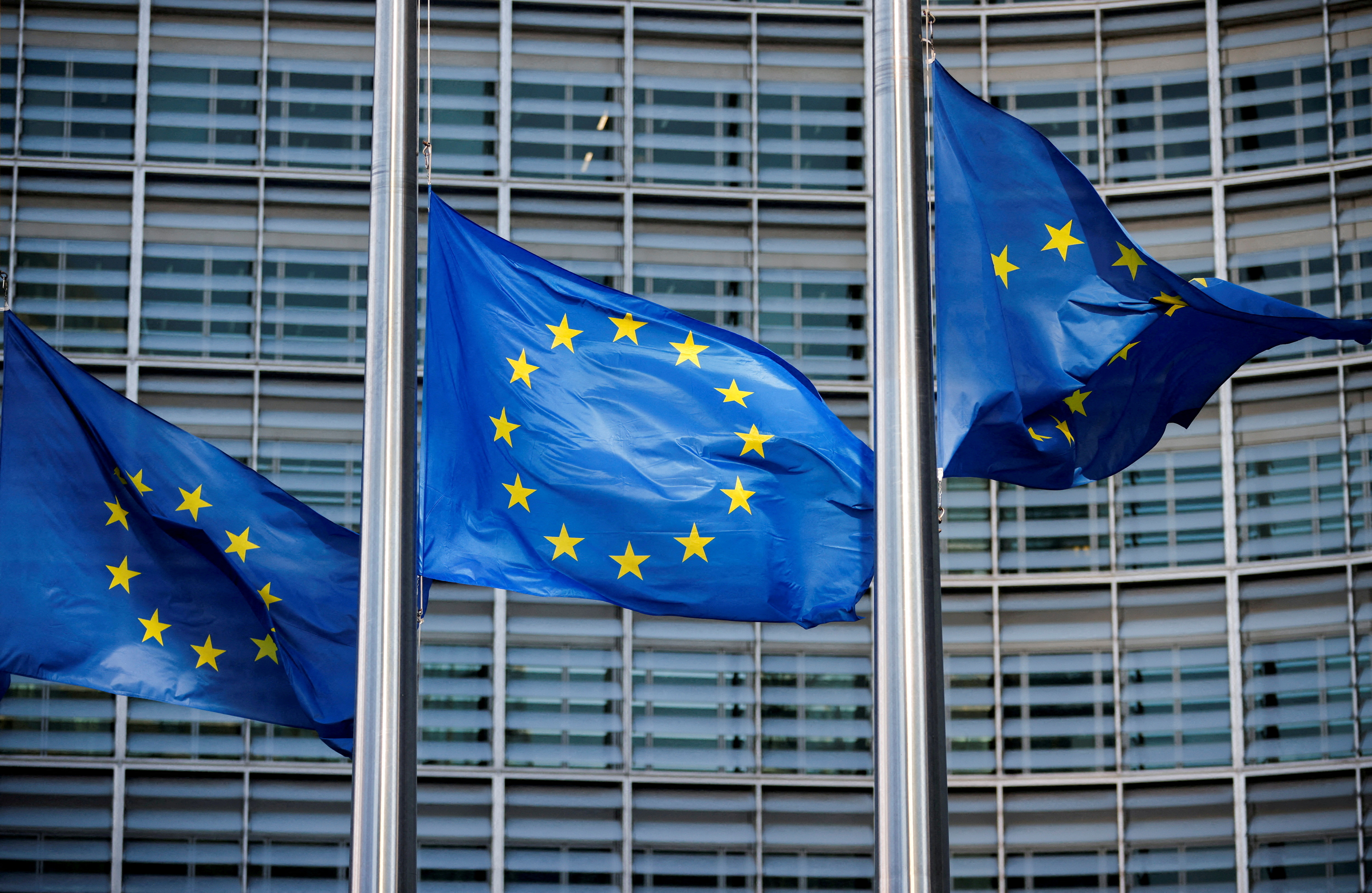By Iacovos Iacovou
On May 9th, 1950, the foundations were laid for the creation of the greatest ever peace project in human history. It was back then that the French Foreign Minister, Robert Schuman presented the “Schuman Declaration,” which proposed the creation of the European Coal and Steel Community, initially between France and West Germany.
The choice was not accidental, as steel and coal were the main materials used for the production of guns that had devastated the whole continent in World War II. Thus, the creation of this union would render the war between the major powers of Europe in the future, practically impossible.
So, this year, we celebrated the 74th anniversary of this unprecedented and unparalleled historical event. The two opposing powers of the time, just five years after the catastrophe caused by the Second World War and while still nursing their wounds, managed to communicate and agree fundamentally that the only real path is the path of peace and reconciliation.
Since then, the European Union has been established, expanded, faced progress in all areas and as a result it has become the catalyst ensuring the continent does not experience disasters like the two World Wars again.
However, the Europe of 27 Member States, the Europe of Peace, the Europe of Values, the Europe of diversity, and the Europe of 450 million citizens, did not last for 70 years and more thanks to ceremonies and anniversaries only.
It remained alive because over the years, some had the foresight, the political courage, the political clarity to rise above and see beyond the current political landscape that was being shaped in their time. They had the courage, to make perhaps painful personal or even national compromises behind closed doors, prioritising Europe’s collective prosperity above any personal or other considerations.
These were people who likely resisted populism and were condemned, quiet people, whose contribution to what we call United Europe we may never know.
As we know very well from our own country, those who dared to conceive the idea of our accession to the European Union, were vilified. Nevertheless, they closed their ears to the Sirens and worked hard so that the country could be led to the safe haven of the European Union. If it wasn’t for the resolute Glafcos Clerides, where would Cyprus be today in this world of rivalries and conflicts?
We must remember and honour these people, whether known or unknown, especially these days.
And in their memory, we must strive so that this edifice they handed us, along with the guarantee of peace, is strengthened, upgraded, and improved. We must learn and understand the current challenges that Europe faces and act promptly and decisively, without dogmatism and exclusions. We must find these solutions that will allo. w Europe to carry on for many more years.
As European citizens, the way to meet our responsibility to history is through the European elections, which are held every five years, and we choose our representatives. On June 9th, let us take our own responsibility and elect those who will truly work faithfully and devotedly for the edifice called the European Union.
And we are well aware of who believed and worked for our country to become a full member of the European Union. We are also aware of who undermined and fought against this objective from the start. So, on June 9th, let’s pave the way for the truly pro-European forces, and not for those who never believed and never respected European principles and values, as they represent the polar opposite of what Europe stands for.
Iacovos Iacovou is the Director of the Disy President’s Office







Click here to change your cookie preferences